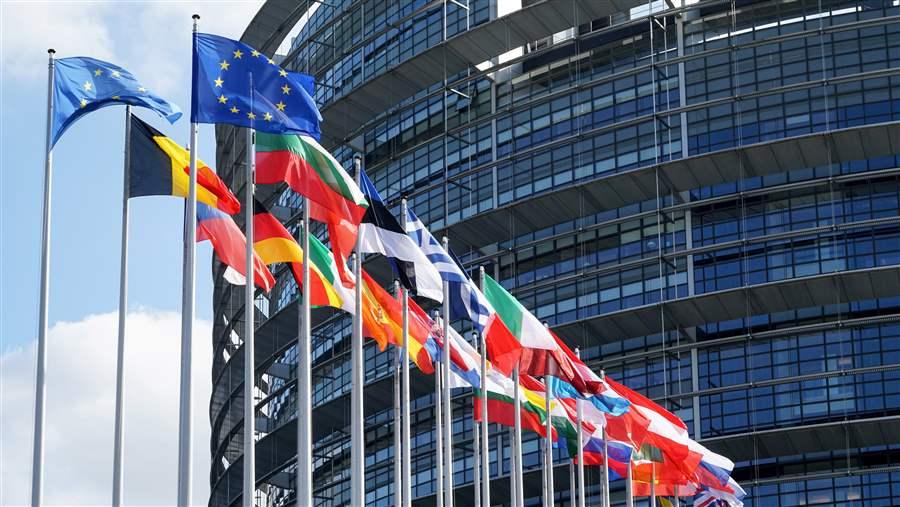EU Parliament Vote Offers Hope for Sustainable North Sea Fisheries
Outcome raises likelihood of ending overfishing in the region by 2020

The European Parliament in Strasbourg, where, on 14 September, members voted to support plans that could help end overfishing in the North Sea.
© Daniel Kalker/picture-alliance/dpa/AP
In an important step toward restoring fish stocks in the North Sea, Members of the European Parliament (MEPs) voted on 14 September to improve a European Commission proposal for a fisheries management plan in that region that increases the likelihood of ending overfishing there by 2020.
The Commission proposal—for a regulation to establish a multi-annual plan to manage North Sea fisheries—included weak recovery objectives for some fish stocks and would have allowed others to be overfished. By voting to improve the plan, Parliament is helping EU Member States on the path toward meeting the objectives of the Common Fisheries Policy (CFP), which obligates fisheries ministers to end overfishing “by 2015 where possible” and by 2020 at the latest, using “progressive, incremental” adjustments to fishing limits. Parliament, the Commission, and fisheries ministers agreed to the reformed CFP in 2013.
Multi-annual plans are a key tool in EU law to manage fish stocks, and they are intended to minimise decision-making based on short-term interests and maximise the likelihood of sustainable fishing practices. The plans, which should provide much-needed policy stability for fisheries and fishers alike, are supposed to set the objectives in each region to manage fishing pressure and restore stocks to the level the CFP requires. The Commission’s proposal for a North Sea plan was insufficient to deliver on the CFP’s requirements. Member state fisheries ministers agreed to weaken the proposal further during Council deliberations.
Thankfully, the Parliament vote brings the North Sea plan’s objectives closer to the CFP’s requirements—for example, by aiming to recover all stocks above sustainable, productive levels. Parliament’s representative will now negotiate a final text with the Council, with technical support from the Commission, so the deal on how North Sea stocks will be managed is not yet complete. However, the vote—and MEPs’ commitment to defend the CFP reform—is a glimmer of hope that North Sea fisheries might be sustainable and profitable in the future.
Andrew Clayton directs The Pew Charitable Trusts’ efforts to end overfishing in north-western Europe.






